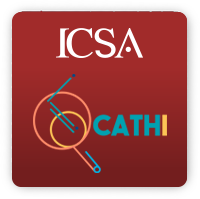Public Campaign Finance, Vote Buying and Parties´ Policuies on Government Spending
We study whether public campaign finance creates incentives for parties to adopt a moderate public spending policy (which maximizes the welfare of a majority of voters) or a polarized spending policy (which maximizes the welfare of a minority of voters). We find that symmetric campaign finance (all...
Saved in:
| 主要作者: | |
|---|---|
| 其他作者: | , |
| 格式: | Artículo |
| 語言: | English |
| 出版: |
2018
|
| 主題: | |
| 在線閱讀: | http://www.semepul-aieplac.com.mx/docs_revista2/1Public%20financing%20and%20EC.pdf |
| 標簽: |
添加標簽
沒有標簽, 成為第一個標記此記錄!
|
| 總結: | We study whether public campaign finance creates incentives for parties to adopt a moderate public spending policy (which maximizes the welfare of a majority of voters) or a polarized spending policy (which maximizes the welfare of a minority of voters). We find that symmetric campaign finance (all parties receive an equivalent amount) induces parties to converge in selecting a moderate policy on public spending while asymmetric campaign finance leads parties to diverge in their platforms and propose polarized policies with too much government spending. These findings suggest that public campaign finance has non-trivial effects on the degree of representation of voters’ preferences into policies (an issue that is central for the adequate functioning of a democracy) and in the efficacy of government spending. In addition, we provide empirically verifiable tests of the effect of public campaign finance on the parties’ strategic design of policy proposals on government spending. |
|---|
